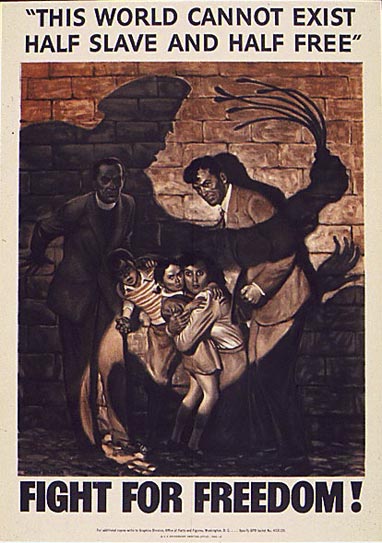 Having said that, prepare yourself for a treat. For me, this lecture series created an opportunity to look differently at war. My Dutch background had stuck me in an idea of war hued by the Cold War and the Second World War, wars in which the Dutch could just perish and not defend themselves. Now that I live in Israel, war has taken on a different scale and defense has become an option, but I had never managed to wrap my mind around the new concept. Professor Magagna took me on an analytical journey in this podcast, on an attempt to explain war, how it starts, what can prevent it and what makes it inevitable under circumstances. And once war occurs, what decides it, what are the powers at play. Most importantly: what is that makes the populace ready to bear the burden of war and what makes soldiers prepared to take on the dangers of war?
Having said that, prepare yourself for a treat. For me, this lecture series created an opportunity to look differently at war. My Dutch background had stuck me in an idea of war hued by the Cold War and the Second World War, wars in which the Dutch could just perish and not defend themselves. Now that I live in Israel, war has taken on a different scale and defense has become an option, but I had never managed to wrap my mind around the new concept. Professor Magagna took me on an analytical journey in this podcast, on an attempt to explain war, how it starts, what can prevent it and what makes it inevitable under circumstances. And once war occurs, what decides it, what are the powers at play. Most importantly: what is that makes the populace ready to bear the burden of war and what makes soldiers prepared to take on the dangers of war?The grip that Magagna offers is a rational one. The picture that emerges is that the peoples and the individuals have a stake in war and there is a logic for their level of dedication. It boils down to a transactional model; people are aware of what they have to gain and lose in war. Those that have the most to gain (or lose) are true citizens, who have a stake in the state they defend, whose rights and existence are dependent of the outcome of the war. The bottom line Magagna presents is that democracies are better at war. The citizens have more to win and lose. In reverse, one receives the impression that democracies emerged as a prize of war, the reward for the soldier and the populace for their fight and as a stake to hold on to for the next war. The big transaction between people and state.
Previously on Politics and Warfare:
The politics of War.
4 comments:
Schrijf Nederlands, da's makkelijker. Ah en schrijf je in op Nedihmo.
Jim.
Hi Anne--
I agree-- a fascinating course, although I have to wonder, given his transactional model, why the Germans fought so hard in World War II.
You mention editing the MP3 files to eliminate dead air. Do you have any software recommendations?
--Dara
Hoi Jim,
Ik twijfel nog over Nedihmo - zo weinig tijd en zo weinig zin om op een forum actief te zijn. Wat voor forum dan ook.
Hi Dara,
I had a comment on another post from a reader who suggested this. Without mentioning software though. I guess Audacity should work. But even though I have it installed, I haven't even touched it, in spite of good resolutions to sit down and learn.
So much to do and so little time.
Anne
Is ook niet de moeite waard dat forum.
Is zo dood als 'n pier na maanden nog maar 6 leden.
En met zijn gedrag tegenover nieuwe inschrijvingen zal dat ook niet meer worden.
Post a Comment